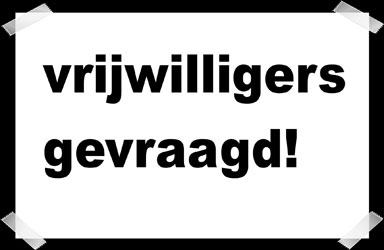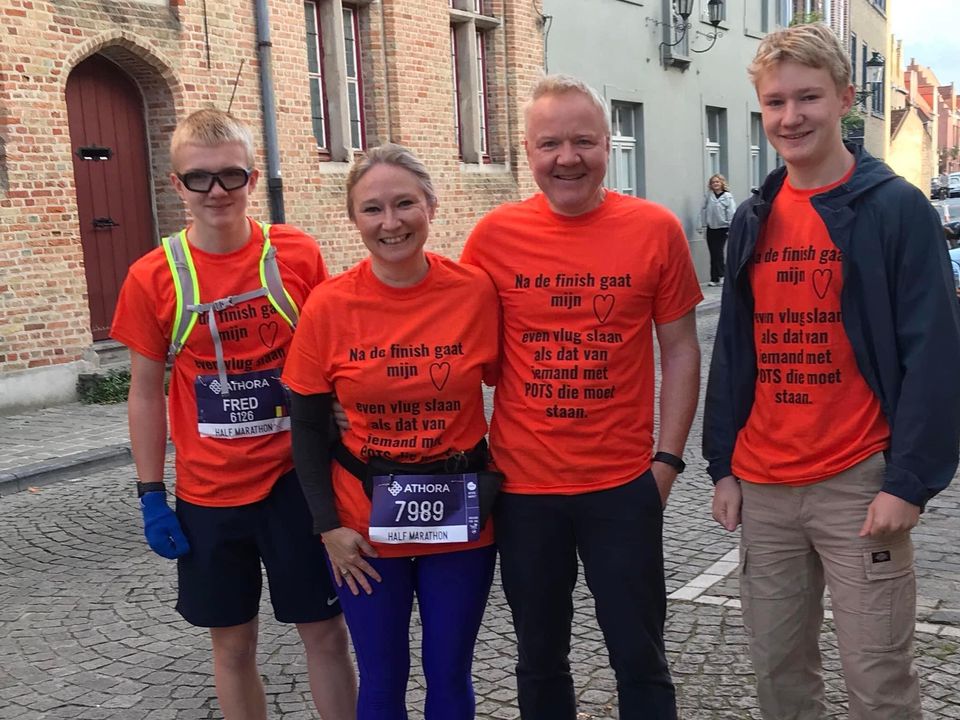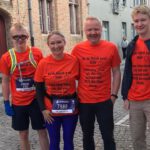Ondanks de grote kritiek van patiënten en behandelaars op de aanpak die door Belgische referentiecentra toegepast (klik hier en hier) wordt en de zeer tegenvallende resultaten (klik hier, hier, hier en hier), én het wetenschappelijke bewijs (klik hier) en patiëntenenquêtes (klik hier, hier, en hier) die aantonen dat “revalidatietherapieën” (zoals CGT/GET) vaak zeer nadelig uitwerken gaan overheden in Belgie, Nederland en andere landen etc. onverdroten verder op de doodlopende CGT/GET-weg…
In een recent verschenen artikel leveren Maes en Twisk zware kritiek op die heilloze koers.
Die kritiek wordt geïllustreerd aan de hand van concrete patiënten en bouwt voort op een gelijktijdig verschenen artikel over de potentiële gevaren van CGT/GET (klik hier).
Chronic Fatigue Syndrome: la bête noire of the Belgian Health Care System.
Neuro Endocrinol Lett. 2009 Aug 26;30(3):300-311. [Epub ahead of print]
Maes M, Twisk FNM.
The World Health Organization acknowledges Myalgic Encephalomyelitis (ME)/Chronic Fatigue Syndrome (CFS) to be a medical illness. ME/CFS is characterized by disorders in the inflammatory and oxidative and nitrosative stress (IO&NS) pathways.
In 2002, the Belgian government started with the development of CFS “Reference Centers”, which implement a “psychosocial” model. The medical practices of these CFS Centers are defined by the Superior Health Council, e.g. treatment should be based upon Cognitive Behavioral Therapy (CBT) and Graded Exercise Therapy (GET); and biological assessments and treatments of ME/CFS should not be employed.
Recently, the Belgian government has evaluated the outcome of the treatments at the CFS Centers. They concluded that a “rehabilitation therapy” with CBT/GET yielded no significant efficacy in the treatment of ME/CFS and that CBT/GET cannot be considered to be curative therapies.
In case reports, we have shown that patients who were “treated” at those CFS centers with CBT/GET in fact suffered from IO&NS disorders, including intracellular inflammation, an increased translocation of gram-negative enterobacteria (leaky gut), autoimmune reactions and damage by O&NS.
Considering the fact that these findings are exemplary for ME/CFS patients and that GET may even be harmful, it means that many patients are maltreated by the Belgian CFS Centers.
Notwithstanding the above, the government and the CFS Centers not only continue this unethical and immoral policy, but also reinforce their use of CBT/GET in patients with ME/CFS treated at those Centers.
PMID: 19855351 [PubMed – as supplied by publisher]
NeuroEndocrinology Letters







